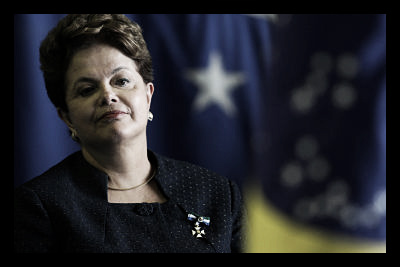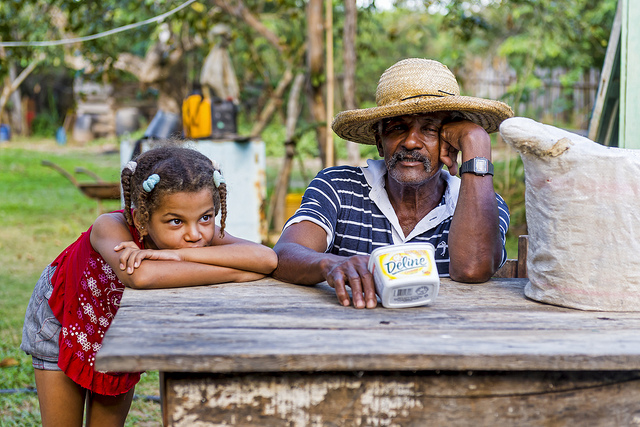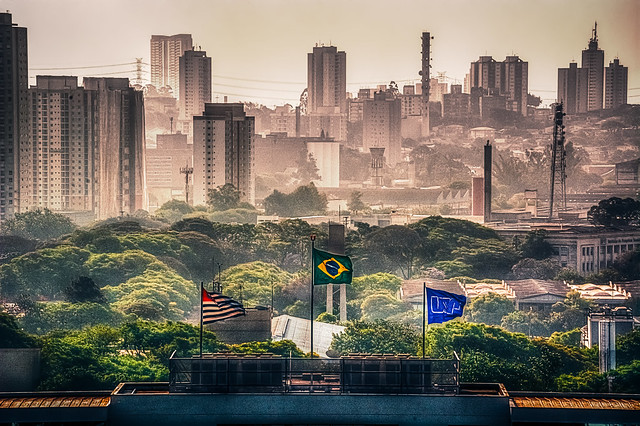
As the largest nation in South America with a population of over 200 million, Brazil’s importance on the global stage is clear; however, corruption charges and convictions have riddled the country’s reputation. In 2014, one of the worst economic recessions in Brazil’s history hit it and left it in a state of political and economic instability along with ongoing corruption investigations. It is just beginning to recover. These 10 facts about corruption in Brazil serve to better understand one of the world’s most influential, and most corrupt, global players.
10 Facts About Corruption in Brazil
- Major corruption scandals have entangled Brazil’s last three presidents: Former president Luiz Inacio Lula da Silva received a conviction in July 2017 on charges of receiving over $1 million in kickbacks which he put towards renovating his beachfront apartment, with additional charges of money laundering. Brazil impeached his successor, Dilma Rousseff, in 2016, for mismanaging the federal budget in order to hide the extent of the country’s deficit. Brazil arrested her successor, Michel Temer, in March 2019 (only three months after leaving office) on charges of funneling an estimated $470 million into a criminal organization he spearheaded.
- Many recent corruption charges have emerged from Lavo Jato, also known as Operation Car Wash: Conceived in 2014, this operation’s original focus was on exposing a car wash money laundering scheme. Results from the investigation indicted hundreds of government officials and business elites spanning 12 countries in one of the largest corruption scandals in Latin American history. By October 2018, Lavo Jato had resulted in over 200 arrests made on the basis of corruption, abuse of the international financial system, drug trafficking and money laundering. The arrest of former president Michel Temer is a direct result of Operation Car Wash.
- The working class felt the consequences of Operation Car Wash: Almost half of state-owned oil-giant Petrobras’s employees received lay off after Operation Car Wash exposed the extent of bribes taken by Petrobras in exchange for giving government contracts to Odebrecht, a construction company. The more than 100,000 laid-off employees, not directly involved in the corruption efforts, had to find new work during one of the largest economic downturns in Brazil’s history as a result of Petrobras’s corrupt actions. Executives from both companies face prison time (a U.S. court has even fined Odebrecht $2.6 billion for it to pay to U.S., Brazilian, and Swiss authorities).
- Brazil’s domestic corruption affects many countries: Operation Weak Flesh, an investigation launched by Brazilian officials announced in March 2017, has exposed Brazilian companies JBS and BFR, the world’s largest beef and poultry exporters, to public scrutiny, bringing Brazilian corruption further into the global spotlight. JBS and BFR bribed quality inspectors to approve the exportation of spoiled meat which they exported around the world, including to the U.S. The U.S. has since banned JBS and BFR products. Authorities have arrested the Batista brothers, heads of JBS, for insider trading and lying to authorities. They also charged JBS $3.16 billion in fines for bribes totaling $600 million spread across nearly 2,000 officials.
- Economists indicate that political instability caused by corruption contributed to Brazil’s recession: Consumer confidence drops in conjunction with political crises, resulting in GDP losses. For example, the value of Brazil’s currency dropped eight percent after a recording implicating Michel Temer in a bribery scheme released in May 2017. The election of current president Bolsonaro has been described as one of the most politically polarizing and violent elections in Brazil’s history. Bolsonaro himself was a victim of such political violence; he suffered a stabbing during a campaign rally in September 2018. Continued political instability and violence will breed further economic havoc, according to economic experts.
- Corruption places Brazil’s indigenous community at risk, as well: Current president Jair Bolsonaro’s agenda involves the loosening of current deforestation regulations that may result in denial of indigenous peoples’ land claims. Experts agree Bolsonaro’s election was in response to public frustration with government corruption. Threats of illegal deforestation to indigenous reserves have increased since Bolsonaro’s election, causing indigenous groups and NGOs to mobilize around the issue. Bolsonaro has plans to drastically cut funding for Brazil’s two agencies responsible for defending the Amazon from intruders; in response, a group of indigenous people has created the Forest Guardians, an unsanctioned patrol group set on defending indigenous lands from criminal intruders Bolsonaro’s campaign promise to limit regulations on deforestation and public land mining may embolden.
- The “Brazil Cost” was a common term to describe the price of bribery in Brazilian business: While Operation Car Wash has exposed many high-ranking political and business elite, the systemic extent of Brazil’s corruption crisis goes far beyond the elite; the “Brazil Cost” applies almost universally across businesses. Some companies even had the “Brazil Cost”, an estimate on the amount of money they would need to spend on bribes, built into their business models and compliance systems.
- There is hope, though: The results of the Poverty Action Lab’s study outline successful methods for corruption reduction: prior audits of Brazilian municipalities reduce future corruption, local reporting on corruption reduces corrupt activities in surrounding areas and corruption can be limited by increasing the perceived legal costs. While Brazil has yet to implement them on a large scale, these findings could help curb the corruption problem plaguing Brazil from the municipal level to the country’s highest-ranking officials.
- Brazil has already implemented real anti-corruption measures in an attempt to halt further corruption: Transparency International implemented a package consisting of 70 anti-corruption measures for the 2018 election. Alongside these measures, the Clean Tab policy, originally created by Brazilian officials in 2010 (but increasingly relied on since Operation Car Wash’s findings) have categorized politicians according to whether or not they have been involved in corruption scandals. Brazil denied entry to hundreds of candidates in the 2018 election due to prior instances of corruption (although many of these candidates appealed the decision and ran despite their “Dirty Tab” status).
- Anti-corruption laws are making headway: An anti-corruption law passed in August 2013 now holds people who give out bribes equally responsible to those public officials on the receiving end. Although Brazil proposed the law in 2010 and passed it in 2013, the country did not enforce it until a wave of anti-corruption protests in 2015, evidence of the difficulties in changing an aspect of a political culture that is so institutionalized. Prior to the passage of this law, Brazil did not recognize a corporate liability for bribery. The law also punishes corporations rather than individuals, meaning firing one employee does not rid the company of responsibility. As a result, corporations are spending more on compliance than ever before. From 2014 to the end of 2017, 183 cases occurred against corporations under this law, resulting in millions of dollars worth of fines. Experts are calling this new age of transparency and regulation the age of compliance.
Above are 10 facts about corruption in Brazil, but the problem and potential solutions are much more vast. While these 10 facts about corruption in Brazil paint a picture of the extent of the problem, one cannot overstate corruption’s tangible impact on the lives of everyday Brazilians. With each new election comes renewed fears of corrupt activities; nevertheless, innovative preventative and corrective initiatives are flowing freely, and a corruption-free future for Brazil is more likely than ever.
– Erin Jenkins
Photo: Flickr
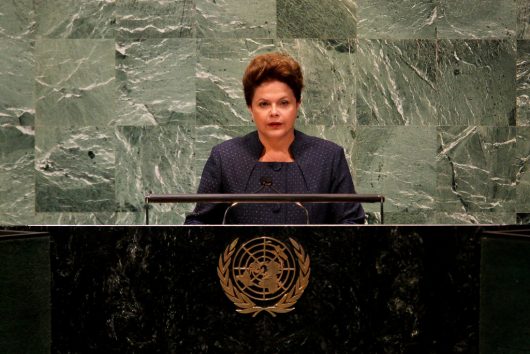
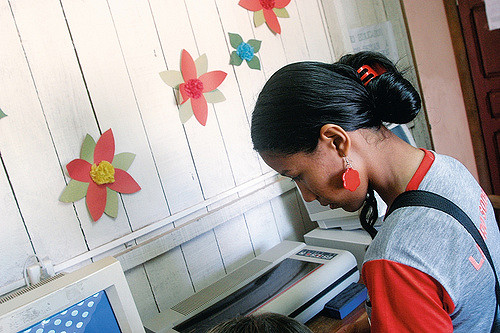
 The history of global goals for
The history of global goals for 